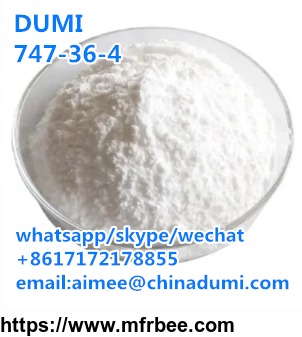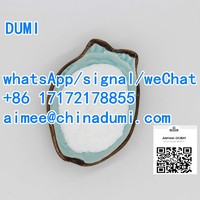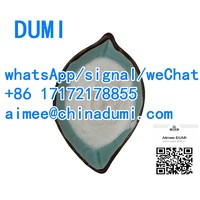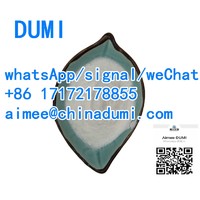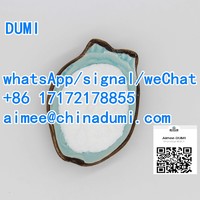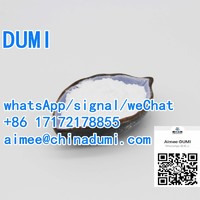747-36-4 Hydroxychloroquine sulfate
Specifications
| Description | Hydroxychloroquine sulfate is a synthetic antimalarial drug which can also inhibit Toll-like receptor 7/9 (TLR7/9) signaling. |
|---|---|
| Related Catalog |
Signaling Pathways
Signaling Pathways
Research Areas
Research Areas
|
| Target | Antimalarial[1], TLR7/9[2] |
| In Vitro | Hydroxychloroquine sulfate is a synthetic antimalarial drug derived from 4-aminoquinoline; it has been used for several decades for the treatment of some rheumatic diseases such as rheumatoid arthritis (RA)[1]. Five micromolar Hydroxychloroquine sulfate or chloroquine also has no measurable effect on intracellular pH, although these concentrations can inhibit TLR9 or 7 signaling induced by DNA or RNA ligands[2]. |
| In Vivo | Hydroxychloroquine sulfate is prescribed for the treatment of lupus, and both Hydroxychloroquine sulfate and its analog chloroquine inhibit TLR7 and 9 signaling[2]. |
| Kinase Assay | Five microliters of a solution of 2% L-α-phosphatidylcholine in dodecane is deposited per well on membranes of a 96-well plate. AT791 (10 µM), E6446 (10 µM), Hydroxychloroquine sulfate (40 µM), or chloroquine (40 µM) are added to one of the two compartments in pH 5.5 buffer (50 mM NaAce, 15 mM NaCl) or pH 7.4 buffer (50 mM KPO4, 150 mM NaCl), and the plate is incubated at 37°C. The next day, compound concentrations in both chambers are quantitated. In one variation of this experiment, 5 µM AT791 or E6446 is added to both chambers, one of which contains pH 5.5 buffer and the other pH 7.4 buffer. The redistribution of compound between the two chambers is monitored for 8 hours[2]. |
- Contact: Aimee smith
